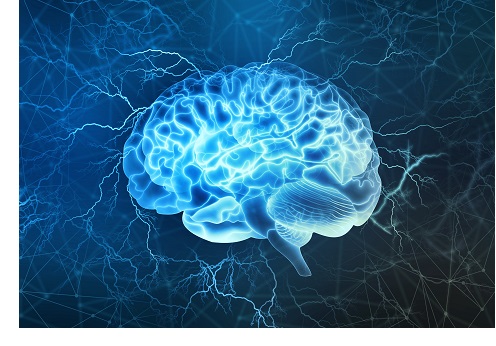Stay Sharp: How to Build a Resilient Brain
September 22, 2021
 In his great new book Keep Sharp, Dr. Sanjay Gupta, a neurosurgeon and journalist, spells out how to build a hardy and durable brain that propagates new neurons and mental abilities regardless of one’s age. He writes that to stave off age-related brain disease like Alzheimer’s and Parkinson’s disease we must get out in front of it preventively.
In his great new book Keep Sharp, Dr. Sanjay Gupta, a neurosurgeon and journalist, spells out how to build a hardy and durable brain that propagates new neurons and mental abilities regardless of one’s age. He writes that to stave off age-related brain disease like Alzheimer’s and Parkinson’s disease we must get out in front of it preventively.
Dr. Gupta says, “Clean living can slash your risk of developing a serious mind-destroying disorder, including Alzheimer’s disease, even if you carry genetic risk factors.” But the seeds of dementia are planted decades before symptoms appear, so there is no time to waste—nurturing a healthy brain must become one of our top priorities.
The villains trying to destroy the brain are a rogue’s gallery of familiar faces that are also out to ruin our heart. These include an inactive lifestyle, unhealthy diet, tobacco, social isolation, depression, inadequate or disturbed sleep, lack of mentally stimulating activities, and overconsumption of alcohol.
Dr. Gupta says, “Sharing a smile and a laugh may be the best medicine there is. And don’t underestimate the power of appropriate touch. Handholding has been found to decrease levels of the stress hormone cortisol. A friendly touch can also be calming. In other words, the simple act of touching another human is a way of connecting with others to protect ourselves and them.”
Tara Parker-Pope, in her recent New York Times article, suggested that we all get back to hugging each other. There is a surprisingly robust body of science documenting the health benefits of hugs. The bottom line is that hugs are great for your mental and physical health and help us cope better with life’s inevitable stresses.
During the pandemic many people missed out on physically connecting with others, and COVID-19 made us worry about hugging friends and even family members who weren’t living with us. But now, especially if you’ve been vaccinated, you can start to hug again, but wear a mask.
Hugs help many people feel more emotionally supported and personally connected and can calm anxiety and even improve our ability to cope, especially during trying times. Supportive touch is a powerful way to remind our family and friends that we love them and that we care about each other.
Another superb book on the topic of avoiding age-related erosion of mental acuity is The End of Alzheimer’s Program: The First Protocol to Enhance Cognition and Reverse Decline at Any Age, by Dale Bredesen, MD. The foundation of this program is what he calls the 12/3 ketoflex diet. This means fasting every night at least 12 hours and making sure that three of those hours without calories come after dinner, but before going to bed. The ketoflex refers to a low-carbohydrate, mostly plant-based diet that is high in good fats like omega-3, extra-virgin olive oil, avocados, nuts, and seeds, and devoid of sugar and grains. Most of the animal protein in this diet comes from fish and seafood.
In Good Health,
James O'Keefe, MD, FACC





